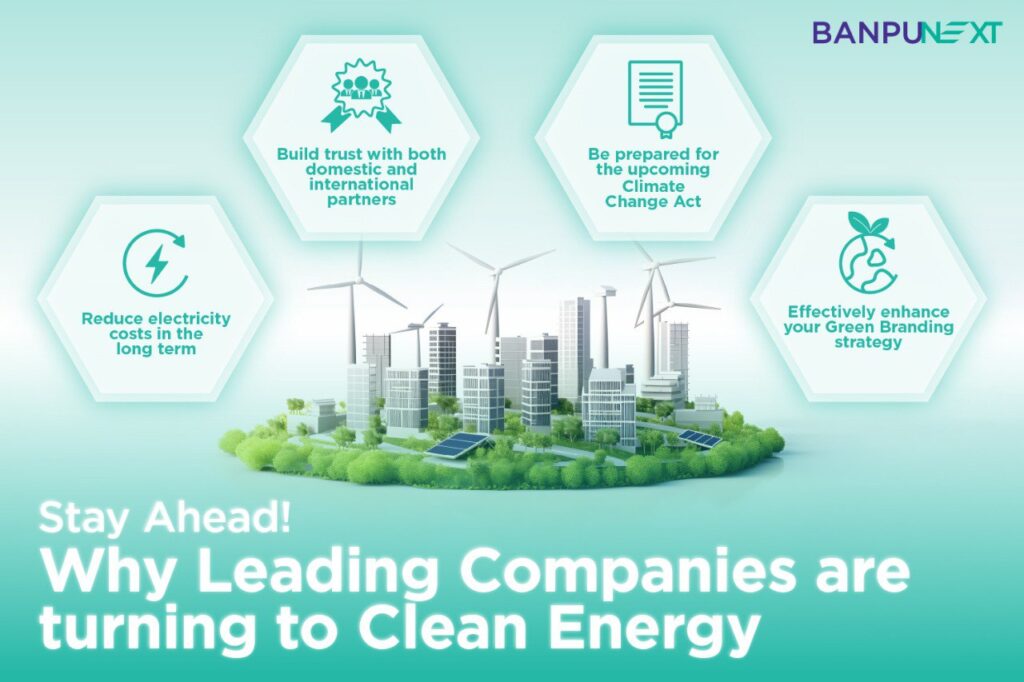The draft bill is expected to be reviewed by Thailand’s Cabinet in February 2025. Once enacted, it will mark a major turning point for Thai businesses. The law enforces the principle that environmental costs are real business costs and imposes a legal obligation for organizations to disclose and reduce their carbon emissions.
What is the Climate Change Bill and How Will It Affect Businesses?
The Climate Change Bill, also known as the “Global Warming Reduction Act,” is designed to push Thailand toward achieving Net Zero emissions by the year 2608 B.E. (2065 A.D.), in line with international commitments.
Under the law, all organizations will be required to report and reduce their greenhouse gas (GHG) emissions. The bill introduces carbon budgets for each industry and mandates mechanisms such as the carbon tax and a carbon credit trading system. The legislation focuses on three key areas: reducing greenhouse gas emissions, climate change adaptation, and promoting stakeholder participation across all sectors.
Carbon Pricing: When “Polluters Must Pay”
At the heart of the bill is the Polluter Pays Principle, implemented through a carbon pricing mechanism, consisting of:
– Emissions Trading System (ETS)
The ETS will set caps on allowable GHG emissions for different sectors. Companies exceeding these limits must purchase additional credits, while those emitting below their allowances can sell their surplus, providing a market-driven incentive for emission reduction.
– Carbon Tax
The carbon tax will assign a direct cost to fossil fuel consumption and GHG-emitting products. It also includes border carbon adjustment measures to prevent carbon leakage and protect Thailand’s global competitiveness.
Which Industries Need to Prepare First?
According to Kasikorn Research Center, industries impacted by the Climate Change Bill represent approximately THB 6.5 trillion, or 37% of Thailand’s GDP. The rollout will occur in three phases:
- Phase 1 (2026): High GHG emitters and sectors affected by EU-CBAM (EU Carbon Border Adjustment Mechanism), including transport, utilities, metals, and non-metallic minerals, valued at THB 1.71 trillion.
- Phase 2: Petroleum products, rubber and plastics, chemicals, coal mining, paper and pulp, valued at THB 1.77 trillion.
- Phase 3: Agriculture and livestock, food and beverages, computers and electronics, and electrical equipment, valued at THB 3.02 trillion.
How Should Businesses Prepare?
Adapting to the Climate Change Bill doesn’t have to be difficult—if you take a systematic approach:
- Assess your carbon footprint – Measuring GHG emissions will become a standard practice, much like financial reporting.
- Plan to reduce emissions – Lowering GHG in operations can reduce costs and improve competitiveness.
- Budget for carbon taxes or credits – Prepare financially for the new regulatory costs.
- Track environmental policy changes – Regulations are evolving; staying informed is essential.
Not Sure Where to Start? Banpu NEXT Has the Answer
The good news is that businesses don’t have to start from scratch. Banpu NEXT, a leading provider of Net Zero Solutions in the Asia-Pacific region, offers end-to-end support, from strategic consulting to full implementation.
Banpu NEXT’s Net Zero Advisory Services
- Accurate calculation of carbon footprints across all 3 scopes, aligned with global standards.
- Strategic Net Zero planning to drive cost savings and meet regulatory requirements.
- Guidance on sustainability reports aligned with new regulatory requirements.
Prepare Today for a Sustainable Future
The Climate Change Bill is not an obstacle, but an opportunity for well-prepared businesses. Early adaptation creates a competitive edge, reduces long-term costs, and strengthens your brand as an environmentally responsible organization.







